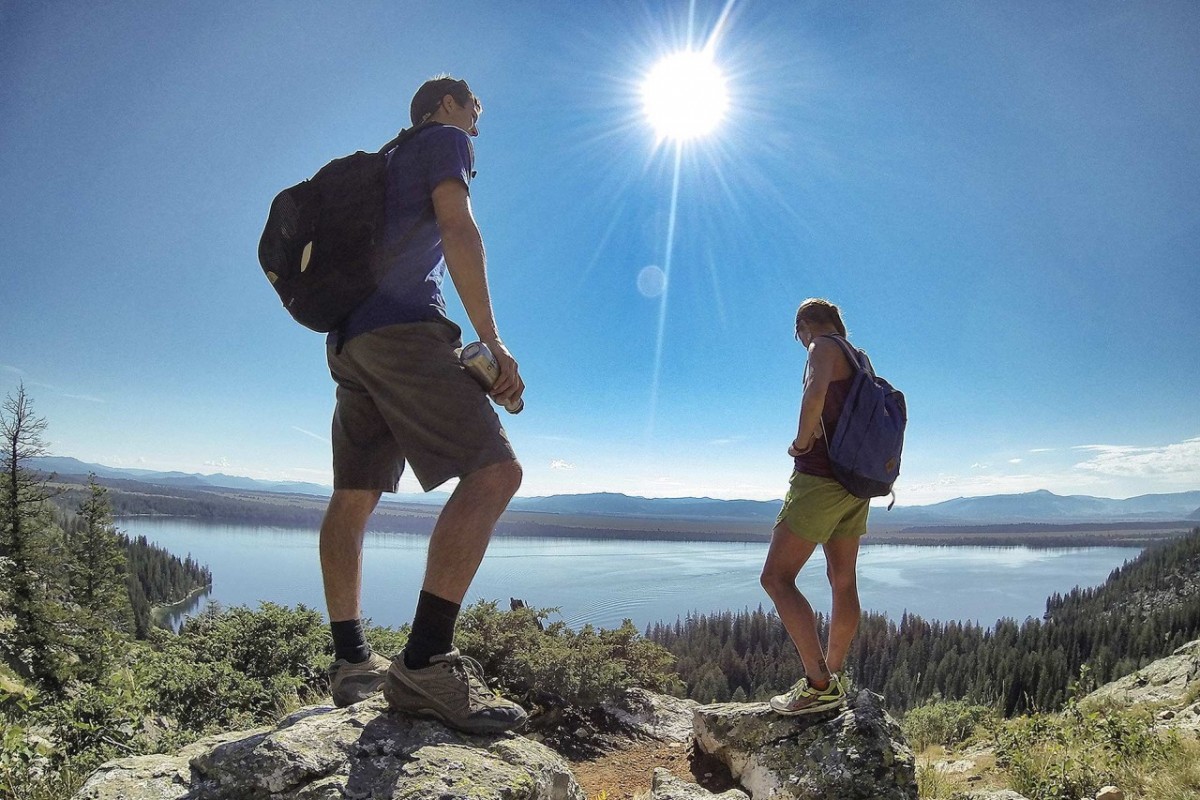Summertime living is easy, right? Splashing in the pool, hanging out at the beach, tubing down the river, attending barbeques, cookouts, and family reunions—what more could you want? For someone trying to maintain their recovery from addiction, those proverbial dog days of summer can present challenges at every turn. Consider being in these shoes for a moment:
It’s a 90-degree summer day, the sun is shining brightly in the clear, blue sky. You have gotten together with your family for the annual reunion at the lake. At the traditional barbeque, everyone is laughing and carrying on as usual. The smell of smoked brisket and ribs fills the air and ice-filled coolers are stocked with beer. Last summer, you were in treatment for your alcohol addiction and unable to attend. This year, at your family’s insistence, you decide to attend. Initially, things are good. Many extended family members greet you and congratulate you on getting well. There are a few awkward moments but it is totally bearable and you begin to feel comfortable and confident. The drinking had already begun and as the sun bears downs people begin to get loud as the alcohol takes effect. You wonder if they have they always been like this. A cousin offers you a beer. You thank him and politely refuse. He insists suggesting that one beer doesn’t hurt anyone. You say no again. Loudly and fueled with alcohol, he insinuates that you are no longer any fun because you don’t drink anymore. Many eyes are on you. Feeling embarrassed and conscientious, you accept the beer and take a long drink—your first in over a year.
For alcoholics and addicts, this one event could lead to a return to an addictive lifestyle, a full blown relapse into their chronic brain disease and potentially death. For one person I knew and loved, a scenario just like this, which started with one drink after a year in recovery, led to a heroin overdose and his death a few months later; a tragedy that could have been avoided. For many people in recovery, life and death hang in the balance in their ability to navigate summer activities just like this.
3 things that everyone in recovery can do to ensure fun-in-the-summer-sun
1. Take recovery support with you
Who says you have to do this alone? If you’re headed to a family reunion or lakeside barbeque, take someone who is part of your recovery team with you. Many people in recovery take a friend with them when they go to events where they know there will be drinking. This strategy also applies to family events where there is a tradition or culture (or an expectation), of drinking. With your recovery support person sitting next to you, the likelihood of succumbing to taking a drink or using a substance, is very low. A recovery “wing man” or “wing person” can make all the difference.
2. Reach out for help
In this day of modern technology, help is only a call, text message, instant message, Twitter, Instagram, etc. away. If and when you feel pressured to drink, reach out for help. This will take some preparation on your part. Before leaving for your summer event, be intentional and let those who hold you accountable (sponsors/mentors) and your recovery peers know where you are going and when. Ask them to be ready in case you need them. This is like having a recovery ejection seat. In case of emergency, pull cord! In any circumstance, that could result in you breaking your recovery during summer events, reach out for help, use that smartphone, and contact a friend.
3. Don’t Go
It is perfectly acceptable to say no and not attend an event if it puts your recovery at risk. This advice also applies to not hanging out and socializing with people who are unsupportive or don’t understand your recovery—including family members. Choosing when and where to attend events is about recovery timing. For example, if you are early in recovery, which can be a tenuous time, attending summer events may be a no go this year but that doesn’t mean you can’t attend next year.
If my friend had taken a recovery friend with him, reached out for meaningful help when he felt vulnerable or made the decision not to attend certain summer activities, he may still be alive today.
Summertime, when the living is easy, is not always what it’s made out to be. There are obstacles and challenges that those who are not in recovery may never recognize. The best thing you can do for your recovering loved one is to pursue a recovery lifestyle yourself or, at a minimum, do not drink in their presence or be supportive when they say “no.” Learn about, and be aware of, what recovery means to someone striving to stay in recovery. Addiction is a brain disease and alcohol is a poison. For some, attending those summertime parties may be a matter of life and death.
